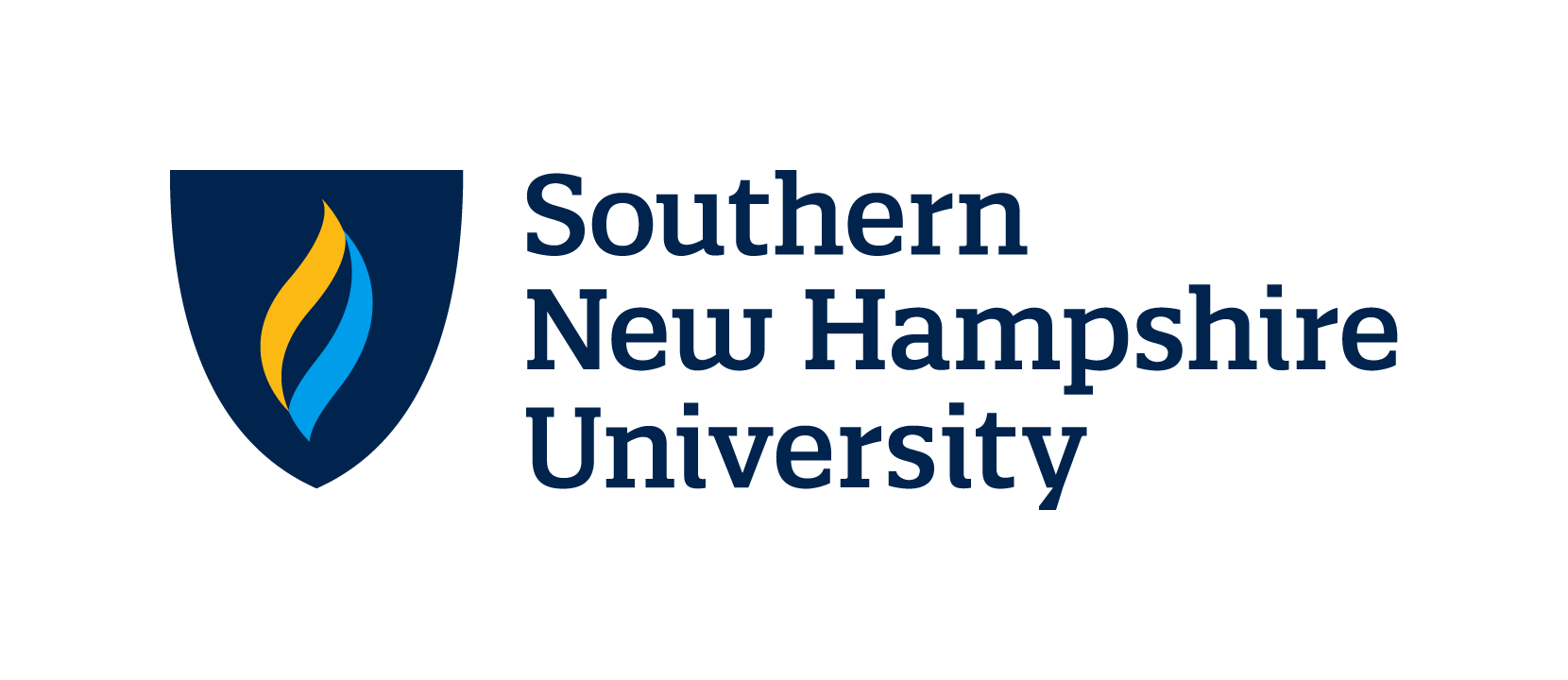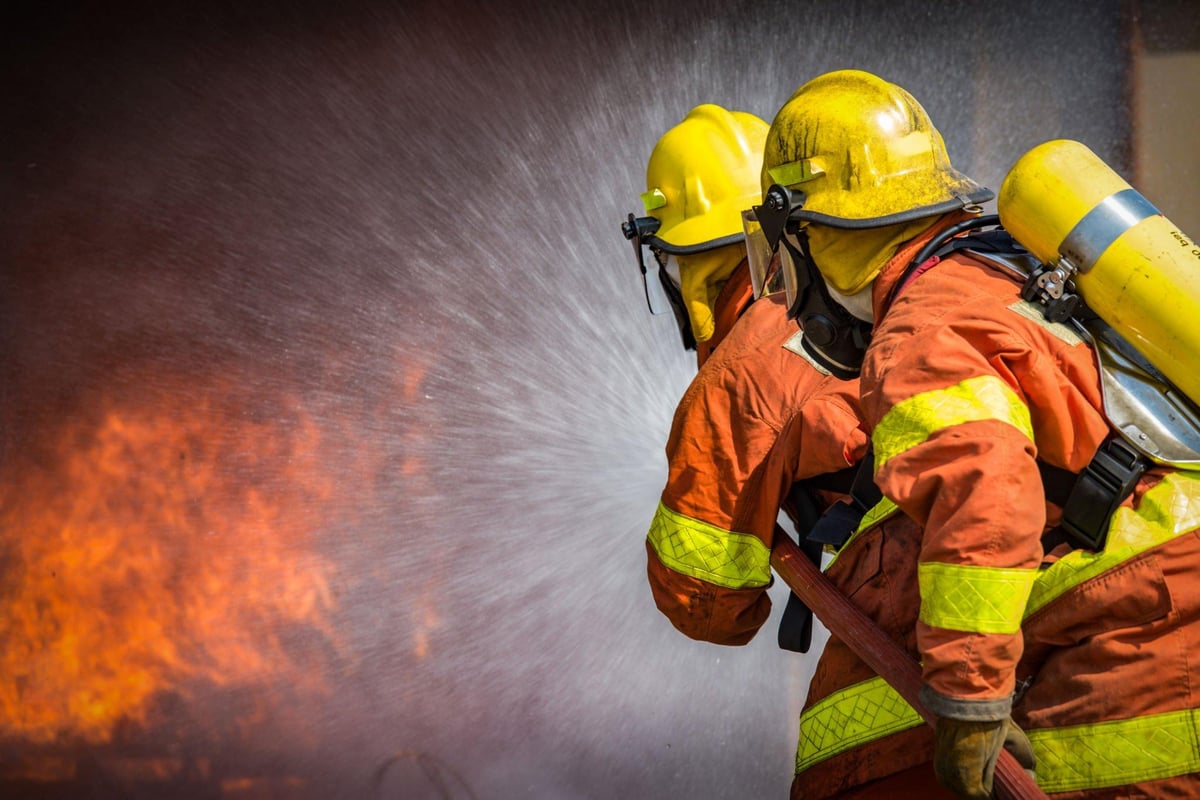Fire Science classes near me in Worcester
In the Worcester metro area, the average cost of a class is $14000 and the average class length is approximately 40 weeks long
Trade and industry classes near
Worcester, MA 01608Online classes
Financial aid
Certificate
Short classes

Waldorf University
AA Occupational Safety & Health
- Online, estimated completion in 2 years for full-time students
- Covers industrial hygiene, occupational safety, and more

Penn Foster
Diesel Mechanics/ Heavy Truck Maintenance Career Diploma
- Affordable, accredited, self-paced
- Students receive Snap-on tools discount

Southern New Hampshire University
BS Operations Management with concentration in Logistics and Transportation
- Complete your degree at your own pace
- 24/7 online accessibility
Fire Science classes near me in Worcester
Are you interested in pursuing a career in firefighting? If you are located in Worcester, Massachusetts, you're in luck! There are several fire science classes available near you that can provide you with the necessary knowledge and skills to excel in this field. In this blog post, we will explore what fire science is, the training requirements, what to look for in a class, what to expect from the day-to-day class, the certification process, how to find related jobs, and other classes you can take after becoming a Fire Science professional.

Introduction
Fire science is the study of fire behavior, prevention, and suppression. It encompasses a wide range of subjects, including fire chemistry, fire investigation, hazardous materials, building construction, and emergency management. Firefighters play a crucial role in protecting lives and property from the devastating effects of fires. They respond to emergencies, extinguish fires, and provide medical assistance.
Training Requirements
To become a firefighter, you will need to complete a training program in fire science. The requirements may vary depending on the state and the specific department you wish to work for. However, most fire science programs include both classroom instruction and hands-on training. Some common training requirements include:
- High school diploma or GED
- Minimum age requirement (usually 18 or 21 years old)
- Physical fitness test
- Background check
- Drug screening
What to Look for in a Class
When searching for fire science classes near you, it's important to consider several factors to ensure you receive quality training. Here are some things to look for in a class:
-
Accreditation: Make sure the program is accredited by a recognized accrediting agency. This ensures that the curriculum meets industry standards and that the instructors are qualified.
-
Experienced Instructors: Look for classes taught by instructors with real-world experience in the field of firefighting. They should have a strong background in fire science and be able to provide practical insights and advice.
-
Hands-on Training: Fire science is a practical field, and hands-on training is essential. Look for classes that offer opportunities to practice firefighting techniques and use firefighting equipment.
-
Internship Opportunities: Some fire science programs offer internships with local fire departments. This can provide valuable real-world experience and networking opportunities.
What to Expect from the Day-to-Day Class
Fire science classes typically include a combination of classroom instruction and practical training. Here's what you can expect from the day-to-day class:
-
Classroom Instruction: You will learn about fire behavior, fire prevention, fire investigation, hazardous materials, building construction, emergency management, and other relevant topics. You may also study subjects like mathematics, physics, and communications.
-
Hands-on Training: You will have the opportunity to practice firefighting techniques, use firefighting equipment, and participate in simulated fire scenarios. This will help you develop the necessary skills and confidence to handle real-life emergencies.
-
Physical Fitness Training: Firefighters need to be physically fit to perform their duties effectively. You can expect to participate in physical fitness training, which may include cardiovascular exercises, strength training, and agility drills.
-
Teamwork and Communication: Firefighting is a team effort, and effective communication is crucial. You will learn how to work collaboratively with your classmates and communicate effectively in high-stress situations.
Certification Process
After completing a fire science program, you will need to become certified as a firefighter. The certification process typically involves the following steps:
-
Written Exam: You will need to pass a written exam that tests your knowledge of fire science principles, firefighting techniques, and relevant regulations.
-
Physical Ability Test: You will be required to demonstrate your physical fitness by completing a series of physical tasks, such as climbing stairs, carrying heavy equipment, and dragging hoses.
-
Medical Evaluation: Firefighting is a physically demanding job, so you will need to undergo a medical evaluation to ensure you are in good health and can perform the duties required.
-
Background Check: You will need to pass a background check, which may include a criminal history check and a review of your driving record.
-
Interview: Finally, you may be interviewed by a panel of fire department officials to assess your suitability for the role.
How to Find Related Jobs
Once you have completed your fire science training and obtained certification, you can start looking for related jobs. Here are some tips to help you in your job search:
-
Networking: Reach out to your instructors, classmates, and professionals in the field of firefighting. They may be able to provide job leads or recommend you for positions.
-
Online Job Platforms: Utilize online job platforms, such as Indeed, to search for firefighting positions in your area. These platforms often provide detailed job descriptions and application instructions.
-
Fire Department Websites: Check the websites of local fire departments for job postings and application information. Many departments have online application systems that allow you to apply directly through their website.
-
Job Fairs and Career Events: Attend job fairs and career events that are specifically targeted towards the firefighting industry. This will give you the opportunity to meet potential employers and learn more about available positions.
Other Classes to Consider
Once you have established a career in fire science, there are other classes you can take to further enhance your skills and knowledge. Some additional classes to consider include:
-
Emergency Medical Technician (EMT): Many firefighters are also trained as EMTs to provide medical assistance at emergency scenes.
-
Incident Command System (ICS): This course teaches you how to manage emergency incidents and coordinate response efforts.
-
Fire Investigation: If you're interested in fire investigation, you can take additional classes in this field to learn how to determine the cause and origin of fires.
-
Hazardous Materials: Classes in hazardous materials can provide you with the knowledge and skills to handle situations involving dangerous substances.
-
Leadership and Management: As you progress in your firefighting career, you may want to take classes in leadership and management to prepare for supervisory roles.
Final Thoughts
If you're passionate about firefighting and want to pursue a career in this field, enrolling in fire science classes is the first step towards achieving your goal. By completing a fire science program, obtaining certification, and gaining practical experience, you can become a qualified firefighter and make a real difference in your community. Remember to utilize resources like Dreambound to find the best fire science classes near you and explore other vocational training options. Good luck on your firefighting journey!
Dreambound simplifies your start in this field with tailored guides for various cities. If life takes you elsewhere or you're thinking about a move, our other guides can help you figure out what to expect.
- How to Become a Firefighter in Alaska
- How to Become a Firefighter in Louisiana
- How to Become a Firefighter in Missouri
- How to Become a Firefighter in Ohio
- How to Become a Firefighter in Utah
Pondering a shift in your career path or exploring different professional avenues? Dreambound has created detailed guides to support you in making informed decisions:
FAQ
What is Dreambound?
Dreambound is the largest platform for students to find career & technical training programs. While we can't guarantee a career outcome, our mission is to provide all the information you need to find the perfect program for you.
What programs do you offer?
Dreambound has over 70 programs across healthcare, technology, business, and industrial trades. This includes programs such as Medical Billing, Cybersecurity, and welding.
Do you offer financial aid?
Some of our schools offer financial aid for those who qualify. Many others offer payment plans, where you can pay the cost of class over time.
Is it possible to do online classes?
Yes, Dreambound offers many online programs. On Dreambound's search, you can filter by online, in-person, and hybrid (part online, part in-person).